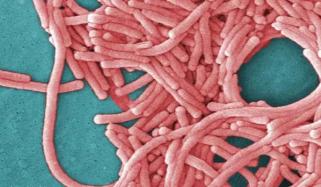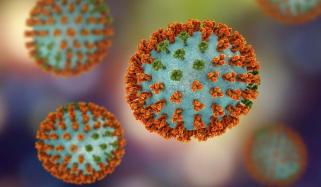
When we grow up we remember almost everything but we cannot recall memories from when we were very young and scientists have now solved this mystery.
As per ScienceDaily, a new fMRI study suggests that infants as young as 12 months old can actually store memories which goes against the traditional belief that babies cannot form memories at such a young age.
However even though these memories exist people are unable to recall their early childhood experiences later in life, the condition known as infantile amnesia.
One theory suggests that this happens because the hippocampus, the brain region responsible for storing memories is not fully developed in early childhood.
Babies show signs of memory through behaviours like copying others, recognizing familiar things and responding to learned experiences.
Related: Early signs of Alzheimer’s: 5 speech changes you shouldn’t ignore
However researchers were unsure whether these abilities depend on the hippocampus or other brain structures.
To find out, scientist Tristan Yates and his team used fMRI scans to examine brain activity in infants aged 4 to 25 months while they completed a memory task.
The test based on a method used in adults, involved showing babies pictures of faces, scenes and objects.
Later, their memory was tested by measuring how long they focused on familiar images.
The study found that by 12 months of age, babies' hippocampus is capable of storing individual memories. This proves that infants can form memories from an early age.
However, these memories are temporary and often become inaccessible later.
Researchers believe this supports the idea that infantile amnesia happens not because babies can't create memories, but because they struggle to retrieve them later in life.















